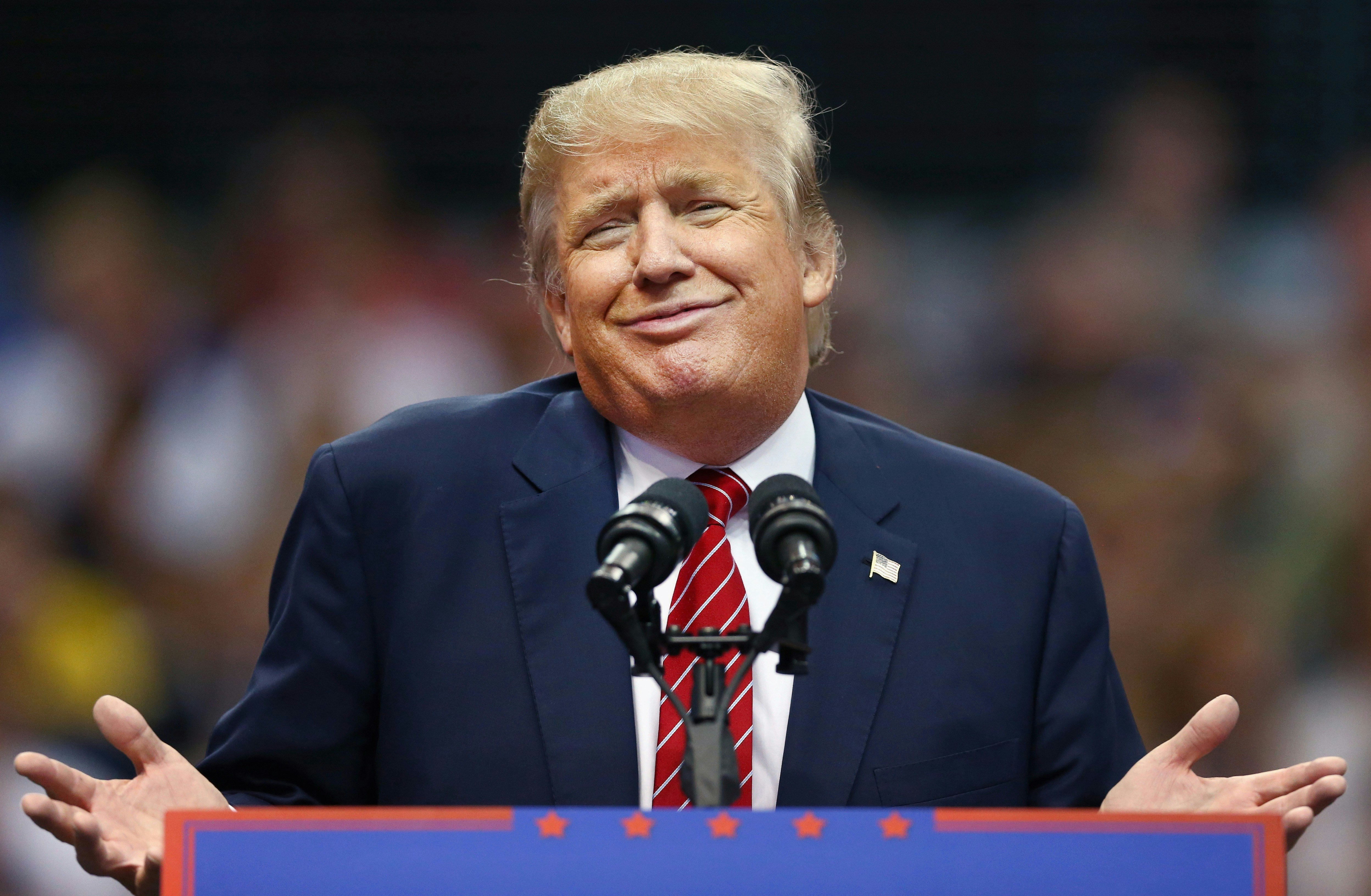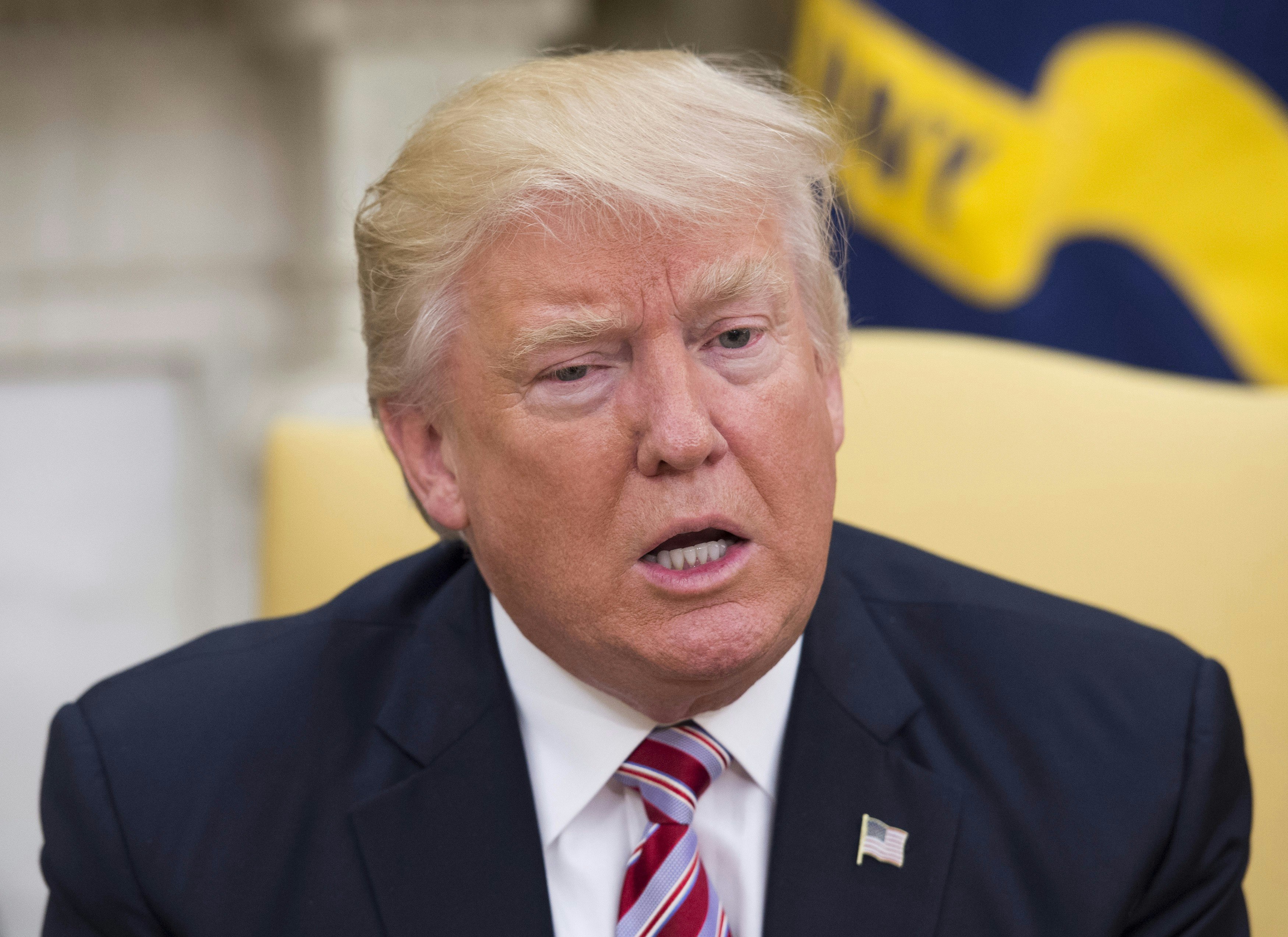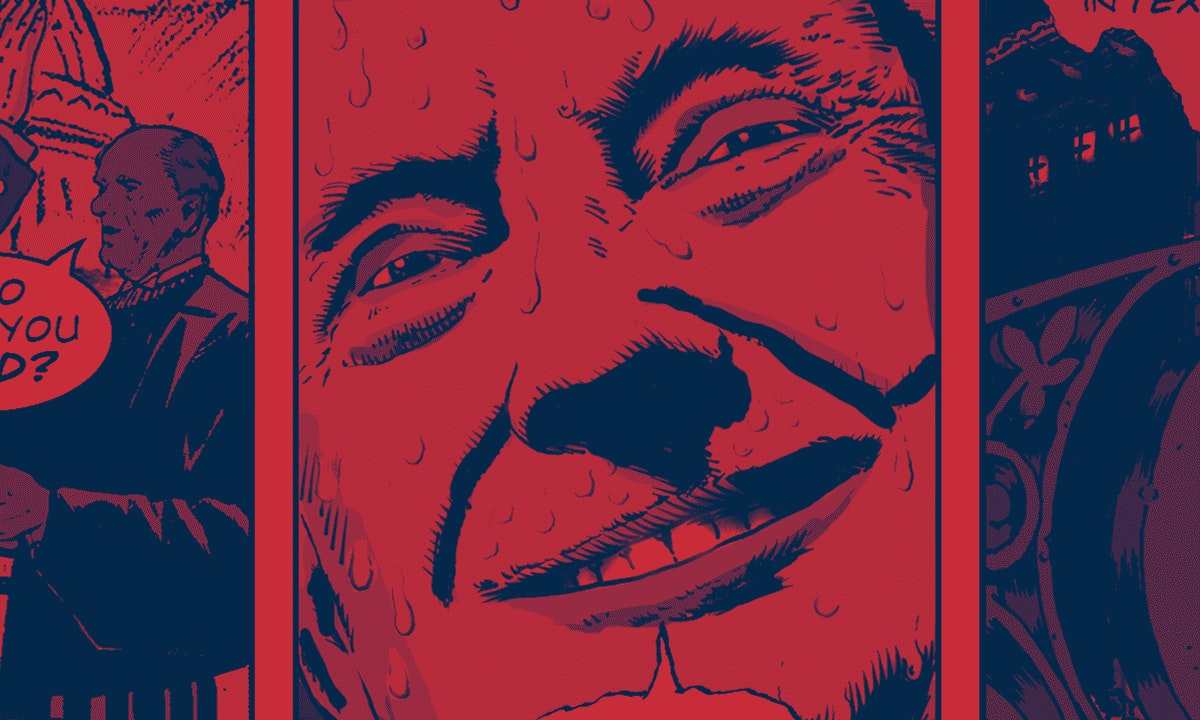Since 2000, U.S. elections have been somewhat predictable — two respectable, established politicians mutually agree not to threaten to imprison one another, issue focus-grouped campaign promises for a few months, and then the Democrats win Michigan. The same was true of the U.K.’s status within the European Union. No one would actually vote for an aggressively moronic fringe-right fantasy like Brexit, the common wisdom went. Then, in both cases, the status quo shifted an inch toward populism, and it was as if no one even saw it coming, even though the evidence of a sea change was everpresent. If there’s any silver lining to this political earthquake, it’s that the veteran consultants, strategists, and data wonks who sucked six- and seven-figure salaries out of the most powerful political figures in the Western world for decades were exposed for what they were: grifters and frauds.
One such fraud is Jim Messina, a former Obama aide who has been a constant presence in Democratic politics since the early Bush years. Messina was a favorite of “wonks” until relatively recently. A 2012 Bloomberg profile titled “Obama’s CEO” provides a perfect distillation of Messina’s carefully cultivated image, comparing his storytelling abilities to TED Talks and praising him for learning from the executives at Google, Facebook, and Zynga. The article goes: “Messina is convinced that modern presidential campaigns are more like fast-growing tech companies than anything found in a history book and his own job is like that of the executives who run them.” This may have been the last time anyone was positively compared to Zynga, the mobile gaming giant that lost 85 percent of its value that year, but it was eerily prescient.
Messina gained a reputation as a political wunderkind after assisting Montana Senator Max Baucus in his 2002 and 2008 reelection campaigns. His reputation and longtime association with Baucus won him the position of national chief of staff for Obama’s 2008 campaign. This was a historic election in more ways than one — on top of becoming the first non-white president, Obama retains the records for highest-ever raw vote count (69,498,516) and the largest voter turnout so far this century. Obama hired Messina as deputy chief of staff in his administration, where he was instrumental in the passage of the Affordable Care Act and the repeal of Don’t Ask Don’t Tell. In 2012, Obama made him his campaign manager. That led to another win, though one with lower turnout and a much smaller margin. Messina was praised as an immensely talented campaigner with a bright future as a political consultant. That bright future never materialized — the latter half of Messina’s career has seen him party to the greatest political catastrophes of the modern era.
Despite telling Politico in 2013 that he would only work for causes he believed in, Messina hopped the pond and signed on to advise U.K. Prime Minister David Cameron’s 2015 reelection campaign. The American media was left a bit confused by this sudden change of allegiance, having swallowed whole the Democratic line that Obama didn’t really mean his center-right policies. The Conservatives ended up gaining seats and winning a working majority after governing in coalition with the Liberal Democrats for five years. However, the circumstances of the election made it a pyrrhic victory for Cameron. Many of the seats the Conservatives won were taken from Liberal Democrats, who had supported Cameron’s agenda anyway. To appease the far-right U.K. Independence Party, Cameron promised a referendum on EU membership if he was reelected. The campaign to Vote Leave turned out to be far more popular than expected, forcing Cameron to actively campaign against a referendum he initially proposed. Messina was central to this campaign as well, and he assured the Conservatives that his famous data-heavy modeling foresaw Britain remaining in the EU. The result of the vote, however, was the exact opposite, with 52 percent voting to leave the EU, and Cameron resigned as Prime Minister the next day.
From London, watching this strong democratic election as my countries politics slides off the rails #GeneralElection2017#Comey
— Jim Messina (@Messina2012) June 8, 2017
The same process repeated the next year in Italy, when Democratic Prime Minister Matteo Renzi proposed a national referendum to reform Italy’s parliamentary structure. Renzi hired Messina to oversee the “yes” campaign, which lost by a staggering 20 percent. Renzi also resigned the next day. Messina’s next project was to co-chair Priorities USA Action, the main Hillary Clinton SuperPAC. Five days before last year’s presidential election, Messina published an op-ed in the New York Times confidently downplaying fears of a “Brexit-style shock,” which turned out to be exactly what happened. Clinton’s campaign was “leveraging the power of data to find every last vote they can,” he wrote, unaware that the Clinton campaign’s faith in the power of data would turn out to be one of their greatest weaknesses. Trump, who ran the most amateurish major party campaign in living memory, beat Clinton’s team of world-renowned experts.
Spent the day laughing at yet another stupid poll from .@yougov. Hey .@benleet do you want to bet for charity? I'll take the over.
— Jim Messina (@Messina2012) May 31, 2017
Messina’s failures have continued mounting. For God knows what reason, U.K. Prime Minister Theresa May picked him as her campaign strategist for the country’s snap election earlier this month, which was probably the reason she was humiliated in a historic upset — the Conservatives actually lost 13 seats as a result of their own power grab, requiring them to negotiate a coalition government with the far-right Democratic Unionist Party to remain in power. Polls conducted after the election showed a plurality of the UK calling for May to resign. Even the conservative Spectator called it “the worst Tory election campaign ever.”
What happened to Jim Messina? Did he lose his magic touch? Have elections become too complex to model, like the microscopic intricacy of fluid mechanics? Is politics simply beyond the capabilities of the human mind? As with most things under global capitalism, the issue is not with politics itself, but with the structures built to milk it for profit.
Ive spent last decade of life obsessed w Electoral College & it's very hard to figure how Trump gets to 270 tomorrow. #AintGonnaHappen
— Jim Messina (@Messina2012) November 7, 2016
Insider accounts of Messina’s career tell a much different story than his own press releases. The Senate campaigns of Max Baucus, which Messina spearheaded, were unremarkable aside from a notoriously homophobic attack ad. In 2002, Baucus’ challenger was a rookie state senator who polled so badly that he dropped out of the race. In 2008, his challenger was an 85-year-old kook who proposed dissolving the presidency and creating a UK-style parliamentary system. Both times, Baucus received nearly all his funding from out-of-state business groups looking to capitalize on his status as head of the Finance Committee. As a senator, Baucus was a Blue Dog among Blue Dogs and, notably, Congress’s leading recipient of special-interest money.
Messina’s close relationship with Baucus (he once referred to him as a “father figure”) made the senator particularly powerful during the negotiations for the Affordable Care Act, and he used that power to crush the public option. During one hearing, Baucus had a group of doctors and nurses arrested for protesting in favor of single-payer health care. The role of Baucus, and of his advocate Messina, was to make the ACA into a handout for insurance companies, and in return the industry gave him $3.4 million.
Max Baucus is a great friend and a true public servant. The state of Montana, and our nation, are better because of his service.
— Jim Messina (@Messina2012) April 23, 2013
While Messina pushed Obama and Congressional Democrats to satisfy the every whim of corporate lobbyists, he took the opposite approach to the grassroots activists who propelled Obama to victory in 2008. Messina convinced Obama to stall his campaign promise to repeal Don’t Ask, Don’t Tell for nearly three years before he finally capitulated to increasingly furious progressives in 2010. Messina was designated the liaison to the Common Purpose Project, a coalition of progressive groups like Planned Parenthood and the Center for American Progress. Members of these groups complained that during meetings, Messina “used his influence to try to stifle any criticism of Baucus or lobbying by progressive groups that was out of sync with the administration’s agenda.” An anonymous Democratic strategist told The Nation in 2011 that “There is not a bone in [Messina’s] body that speaks to or comprehends the idea of a movement and that grassroots energy. To me, that’s bothersome.”
In hindsight, the string of spectacular failures Messina’s career has wrought seems inevitable. His successes were not exactly successes; he rose to prominence as the campaign strategist for a senator who had unlimited corporate funding and no opposition. Obama’s victories with Messina, it would appear, were the result of his remarkable charisma and speaking abilities, which Al Gore, John Kerry, and Hillary Clinton sorely lacked. The grassroots support that Obama garnered in 2008 existed despite Messina’s campaign strategies, not because of them. In 2008, Obama was aided by Bush’s abysmal approval rating, Iraq War fatigue, the worst economic downturn since 1929, and Sarah Palin. In 2012, the GOP made the terrible decision to ignore the surge in grassroots anti-government hysteria and instead run a flip-flopping coward. The candidates in those elections won or lost mostly because of their individual qualities, not because of gifted strategists or lack thereof.
Messina’s disastrous failures are not his alone. The cottage industry of political consultancy is built to swindle campaigns. The expensive strategies recommended by top consultants bring to mind a mechanic selling a series of unnecessary repairs and upgrades to a car-illiterate customer. Everyone gets the premium windshield wipers — the stock ones snap like a twig. Campaign in Labour strongholds rather than defending your own seats. Working-class voters will turn out if you promise to bring back the ivory trade and legalize fox hunting. But, like any form of embezzlement, this kind of salesmanship works best during an economic bubble, and when the bubble pops, everyone suddenly starts paying closer attention to the budget. Faced with the possibility that they may never win again, establishment politicians have no choice but to clean house. If even a faint shadow of meritocracy still exists in London and D.C., the closest Jim Messina will ever get to politics again is if the Capitol Building hires him as a janitor.






